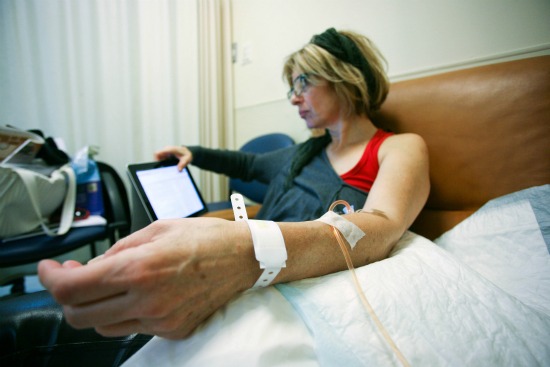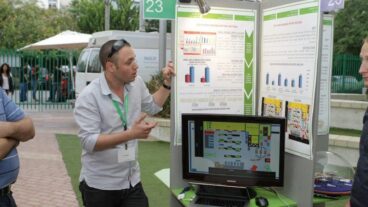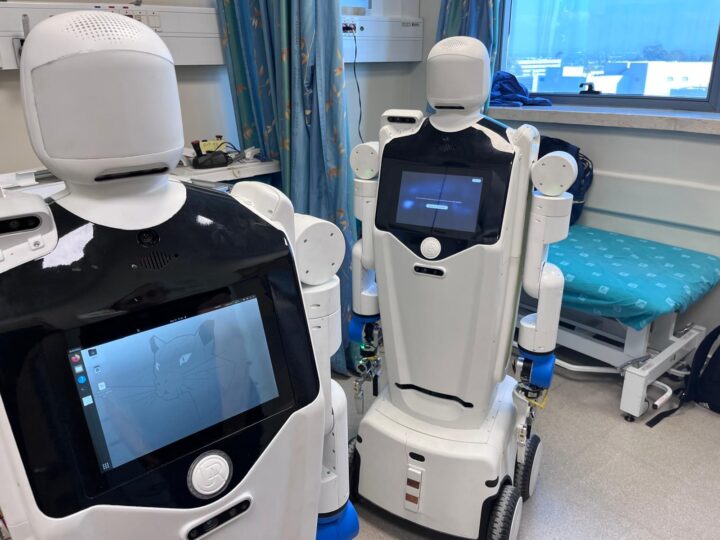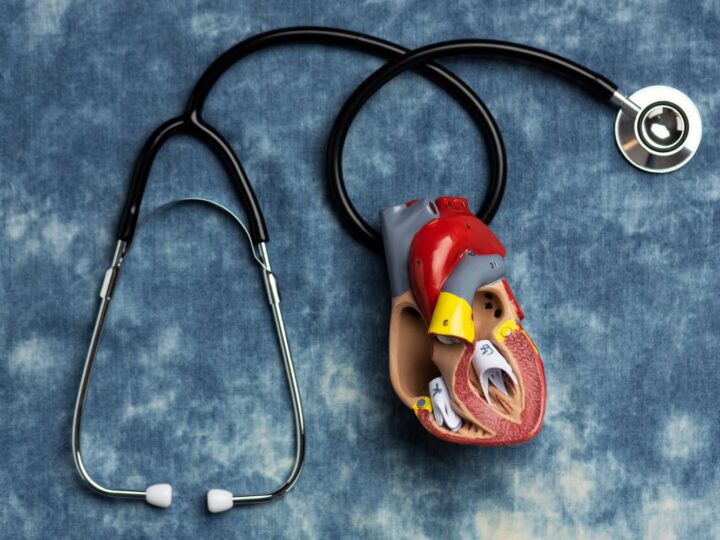
Israeli researchers have developed a simple and cheap blood test that was found to provide early detection for many types of cancer in clinical trials.
The promising new blood test, developed by scientists at Ben-Gurion University of the Negev (BGU) and Soroka University Medical Center in Beersheva, can detect minuscule changes in the blood of a person with a cancerous growth somewhere in the body, even before the disease has spread.
Early diagnosis of cancer could save thousands of lives. Every day in the United States alone, 1,500 people die of cancer, according to the American Cancer Society. Cancer is the second most common cause of death in the US after heart disease, accounting for one in four deaths.
Medical specialists believe that earlier detection greatly increases the chances for successful treatment. It also prevents the need for long, painful and costly treatments when the cancer reaches a more advanced stage.
Illuminating cancer cells in the blood
The researchers, led by Prof. Joseph Kapelushnik of BGU’s Faculty of Health Sciences, have developed a device that illuminates cancer cells within less than a teaspoonful of blood. The test uses infrared light to detect tiny changes that indicate cancer, because the light is absorbed slightly differently due to various molecules released into the bloodstream.
In a clinical trial involving 200 patients and a control group, the test identified specific common cancers such as lung and ovarian cancer in 90 percent of the patients and found other types of cancer, as well.
“This is still research in the early stages of clinical trials,” said Kapelushnik, who is also head of the department of pediatric hemato-oncology at Soroka hospital.
“But the purpose is to develop an efficient, cheap and simple method to detect as many types of cancers as possible. We want to be able to detect cancer while a patient is still feeling good, before it has a chance to metastasize, meaning fewer treatments, less suffering and many more lives saved.”
More clinical trials will be conducted in the next 18 months.
















